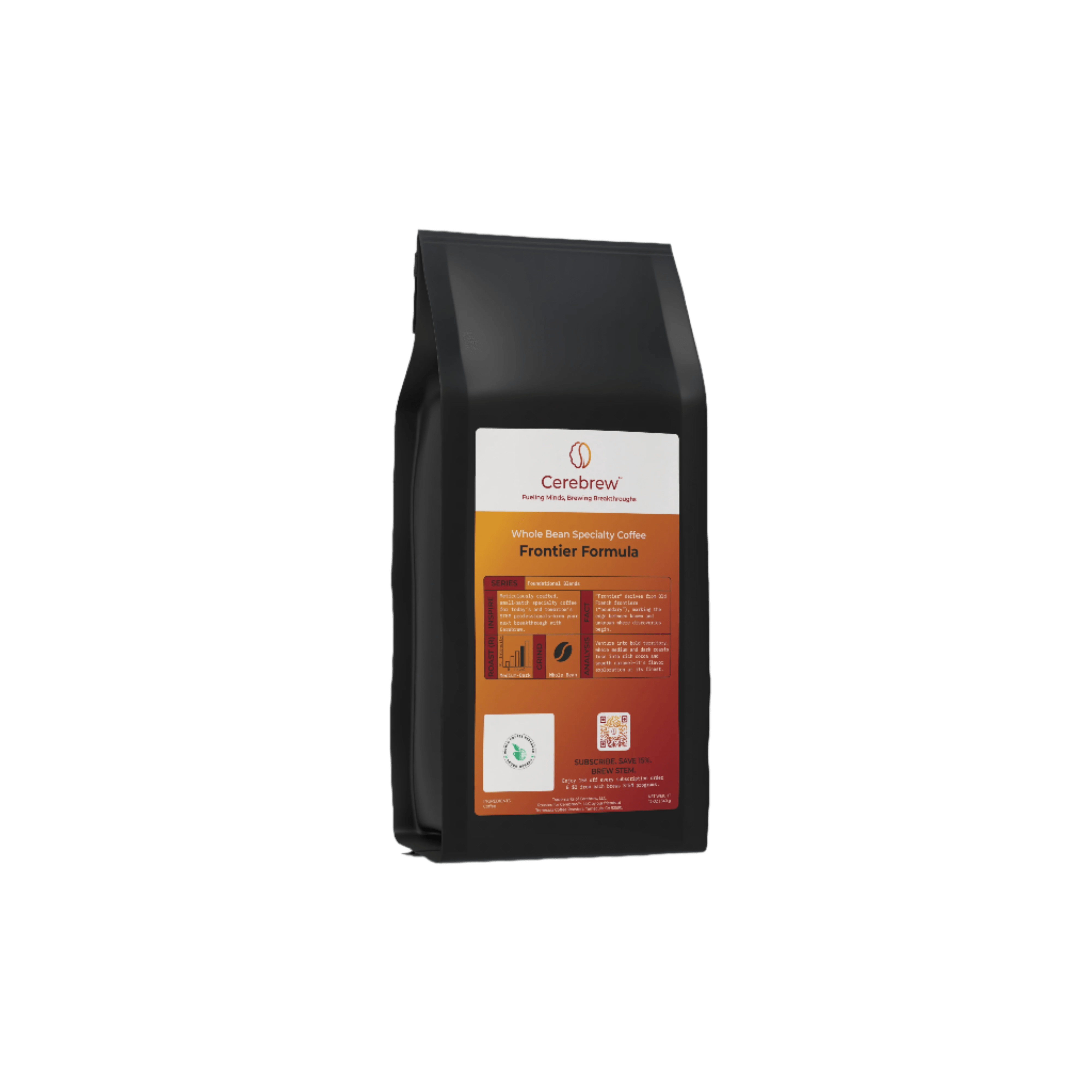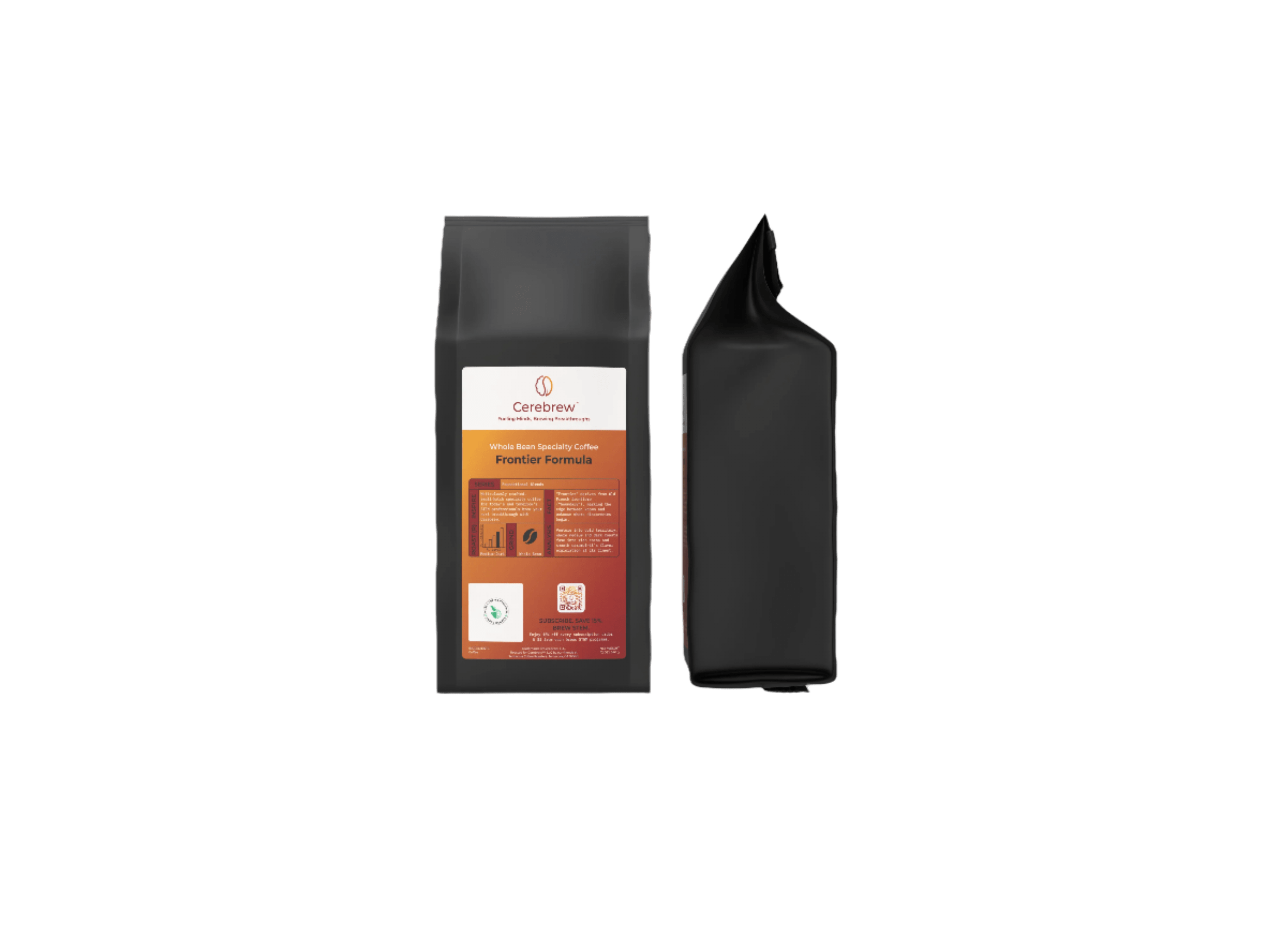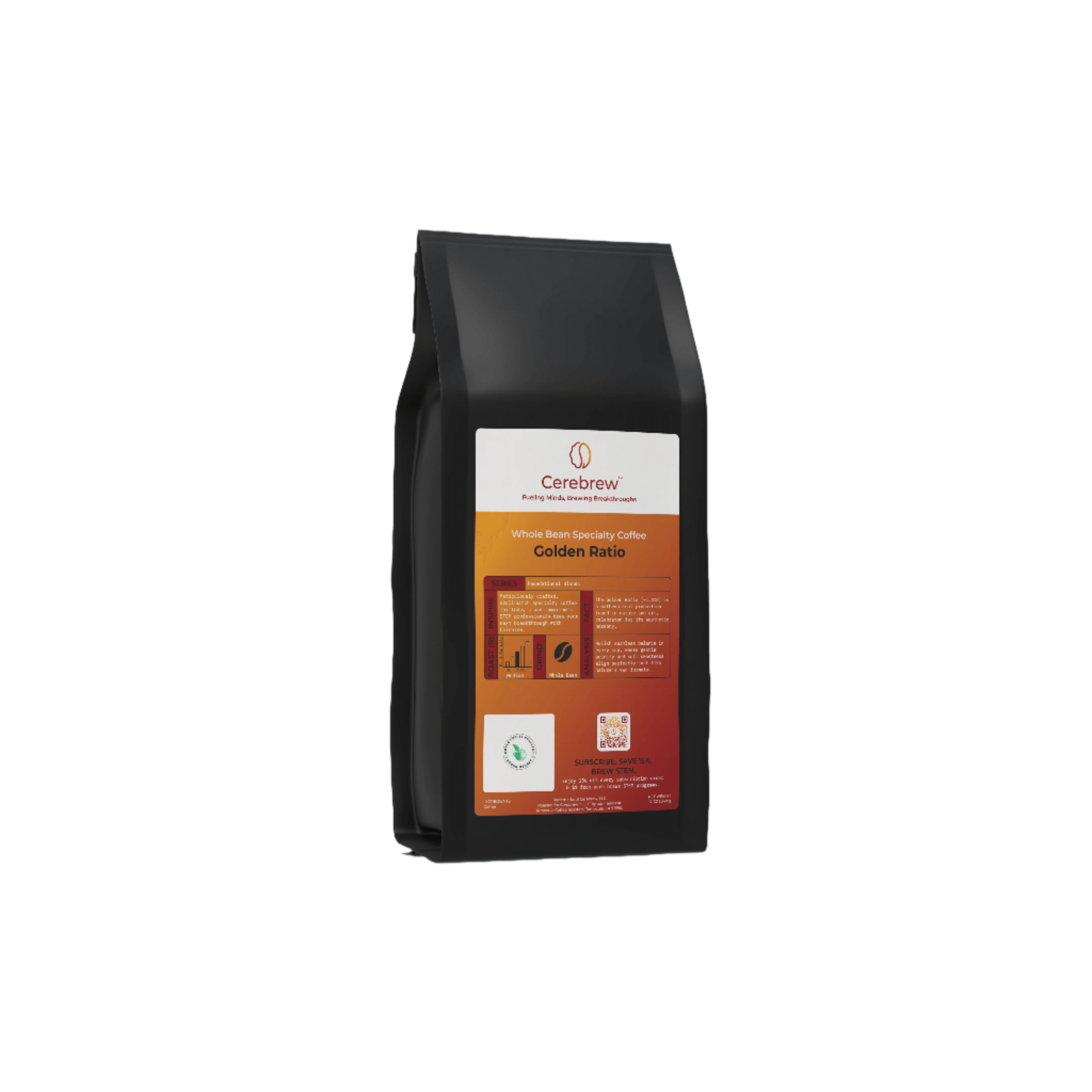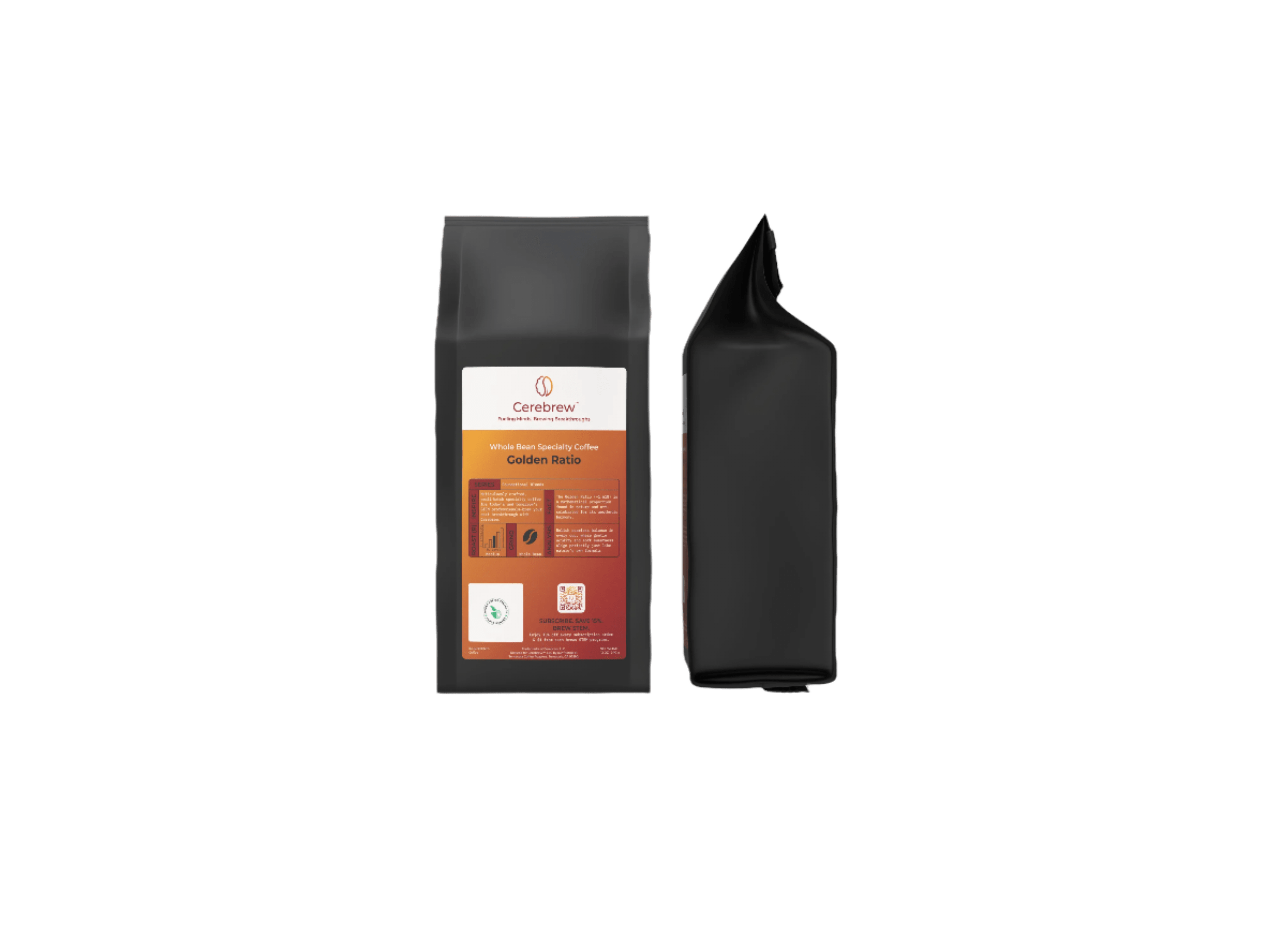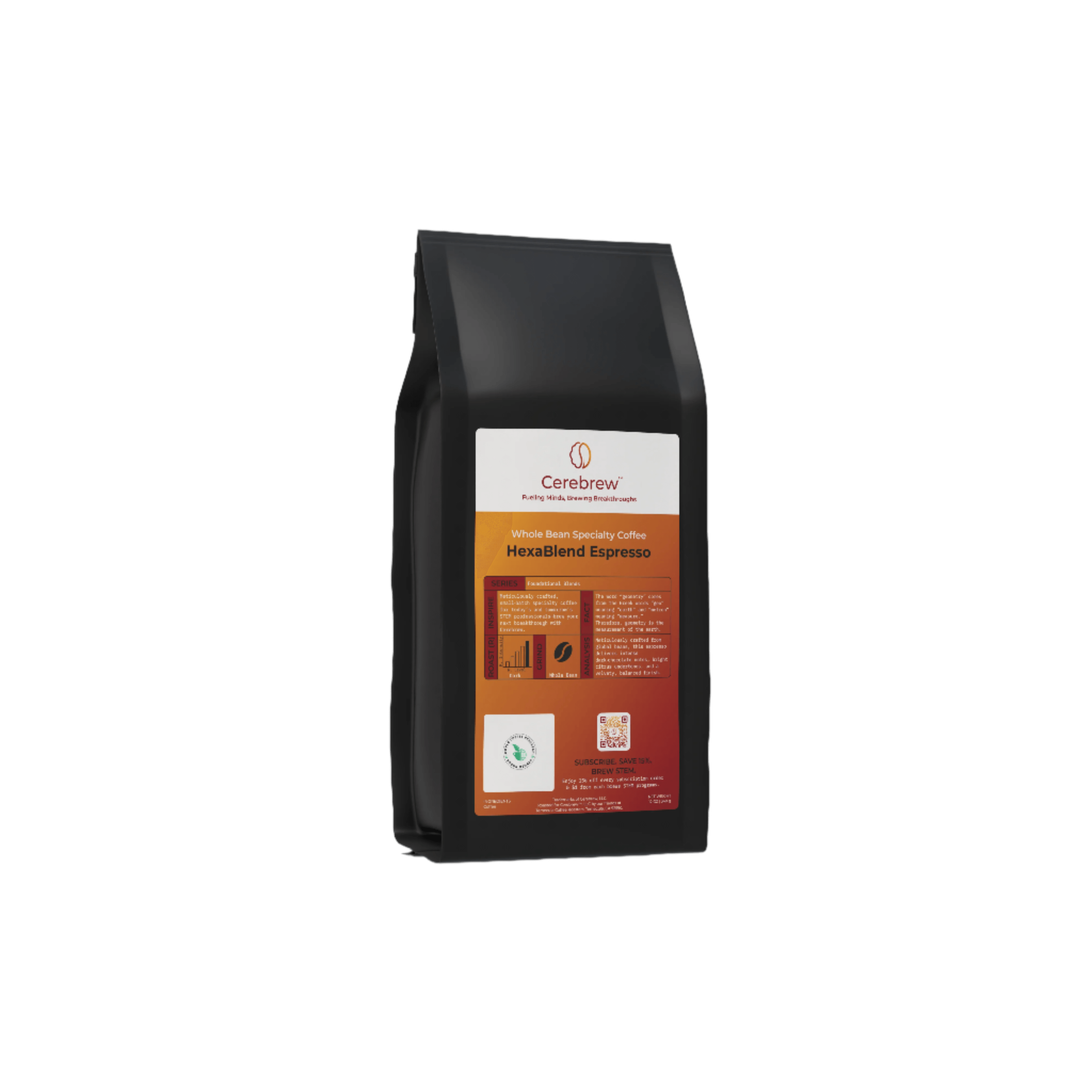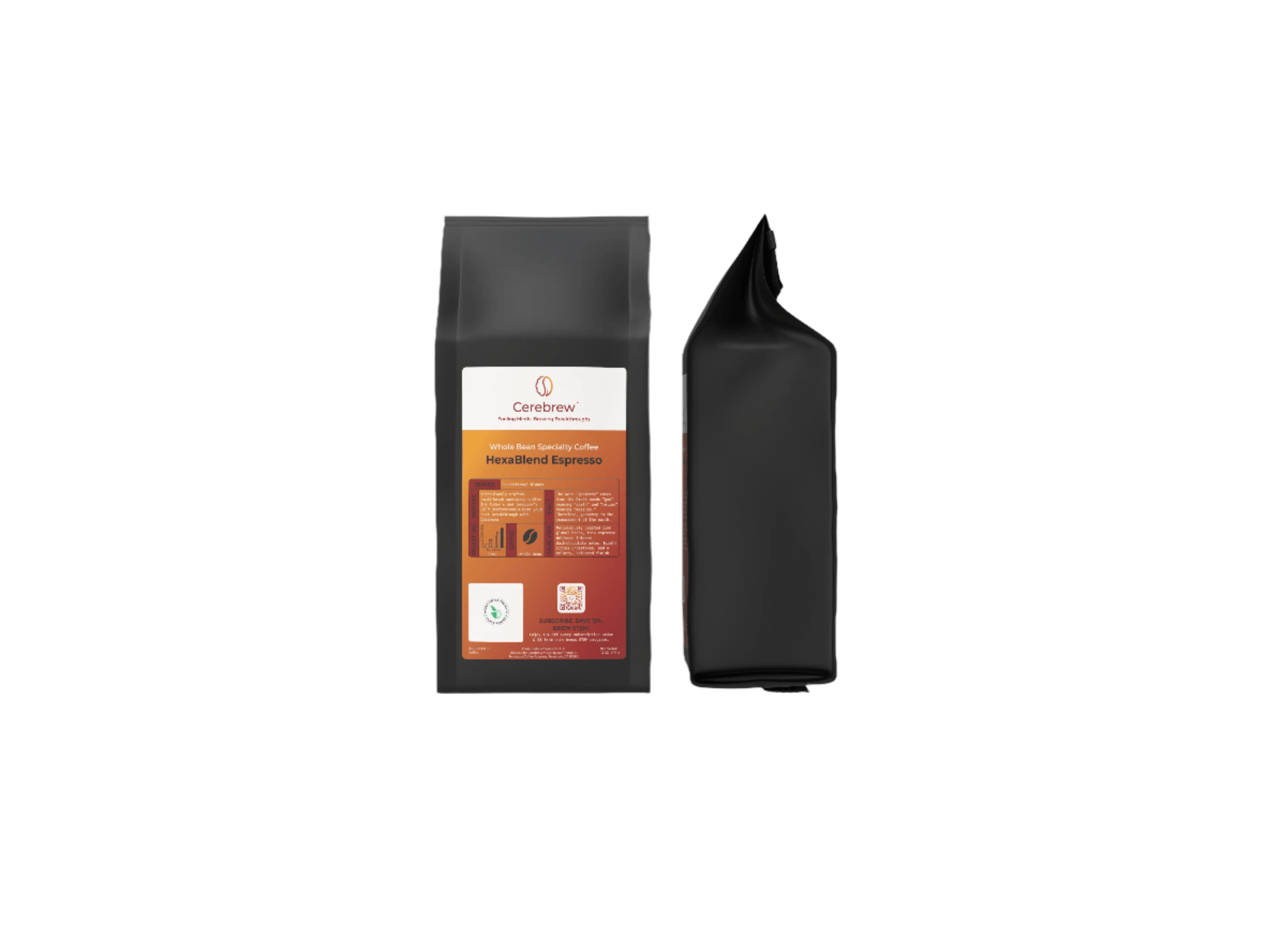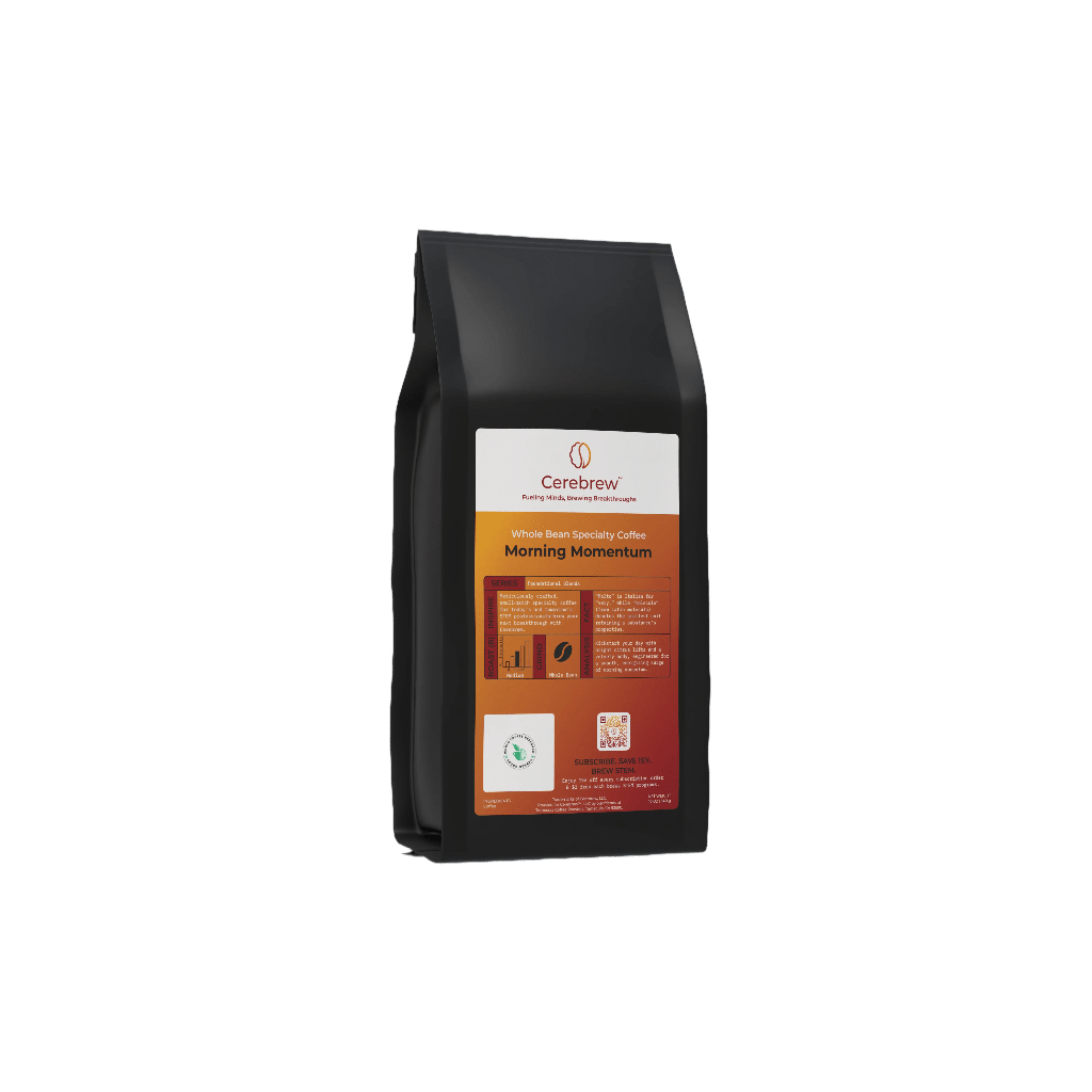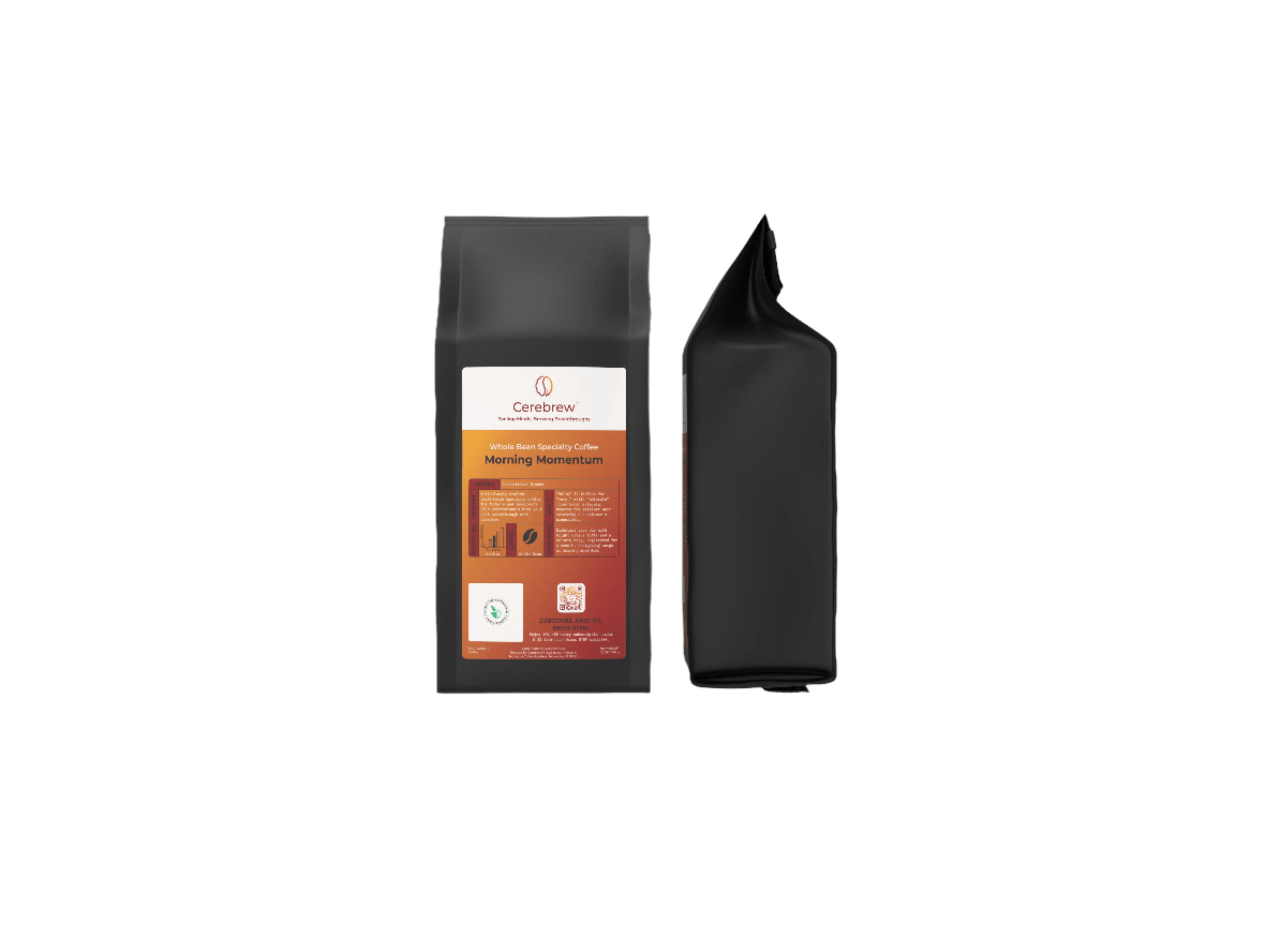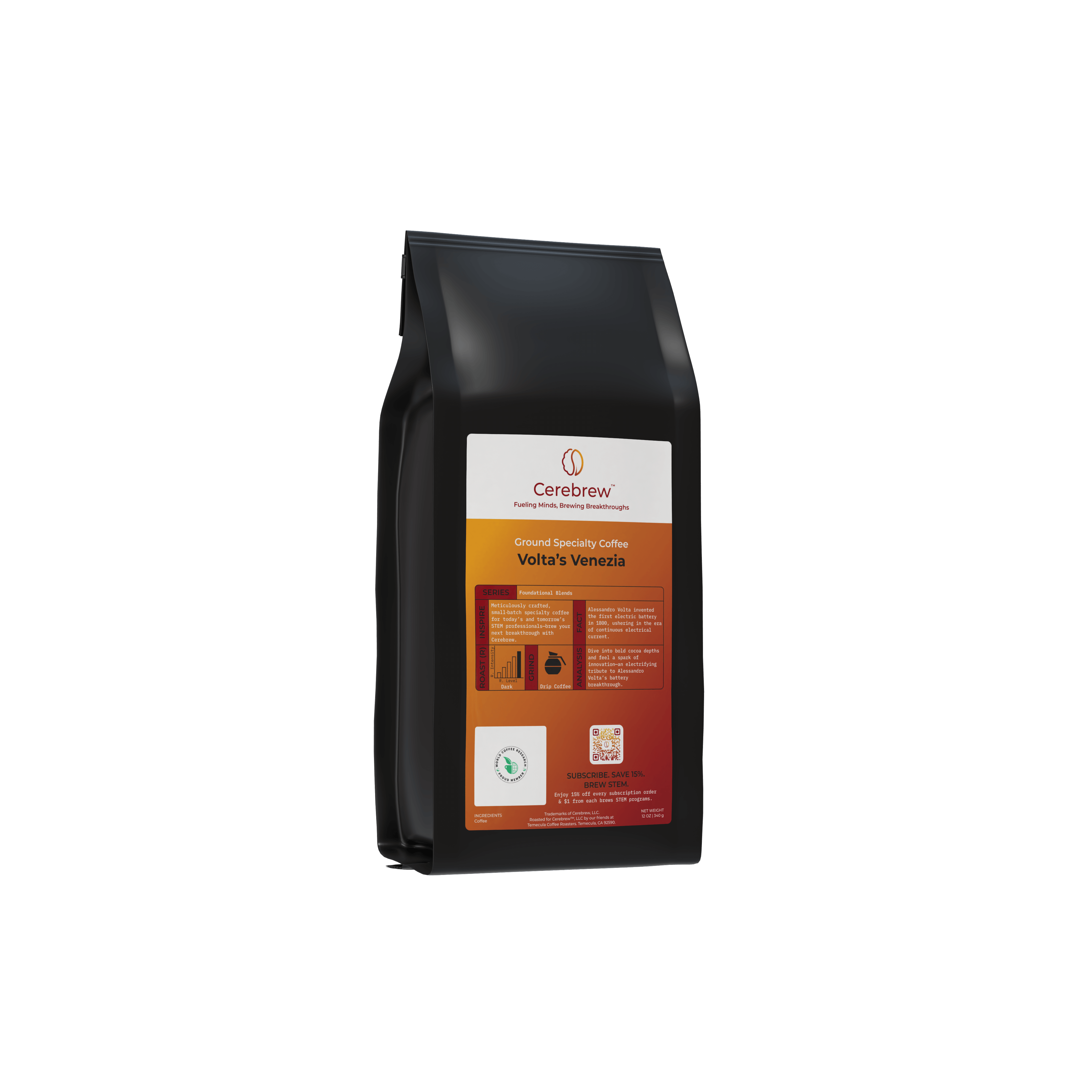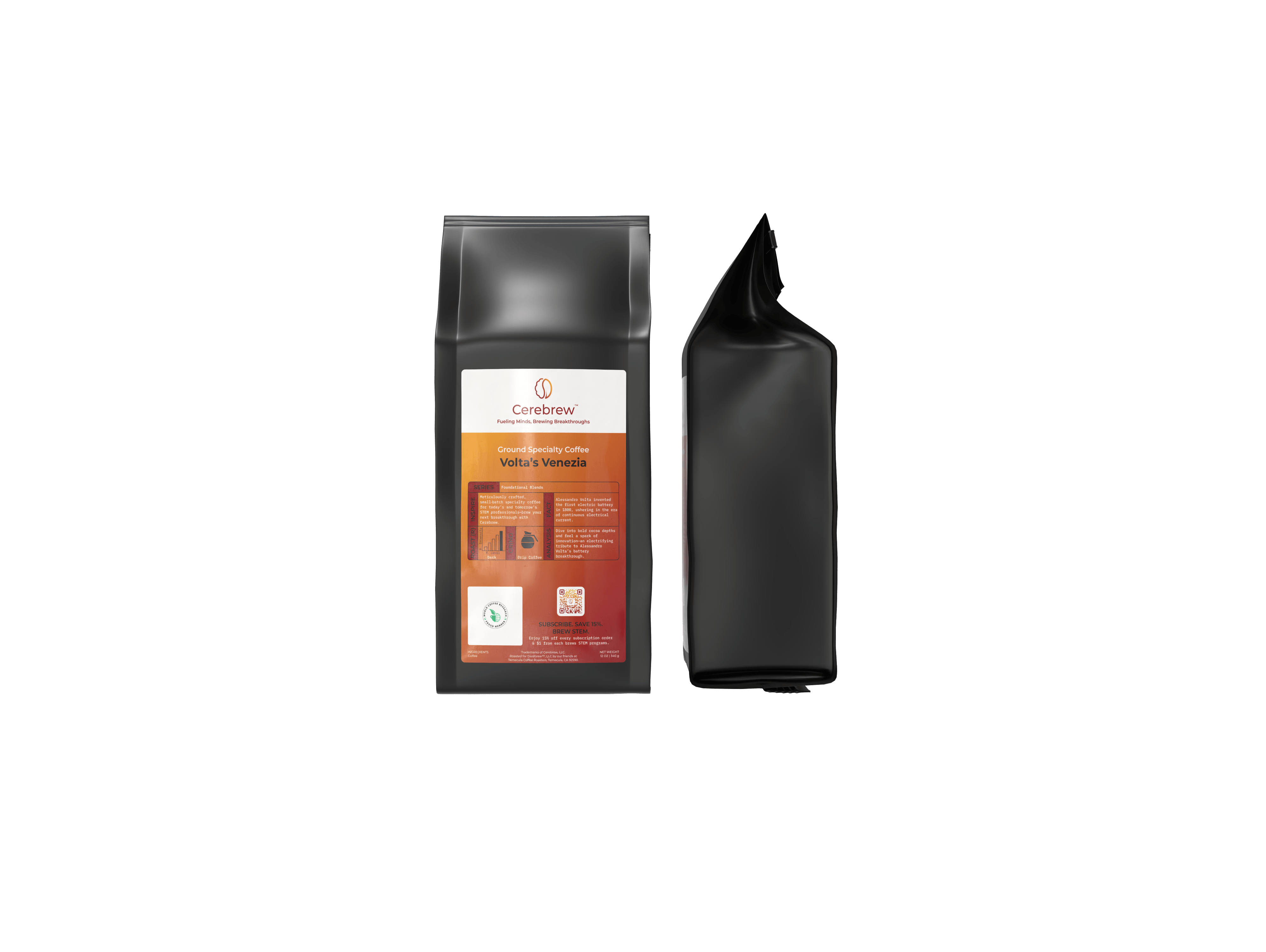Understanding Coffee's Role in Acid Reflux
Coffee is a beloved beverage for many, but for some, it can be a trigger for uncomfortable symptoms like acid reflux. If you’ve ever wondered why your morning cup of joe might be causing heartburn or if switching to decaf might help, you’re not alone. Let's dive into understanding how coffee can affect acid reflux and what steps you can take to enjoy your coffee without discomfort.
What is Acid Reflux?
Acid reflux occurs when stomach acid flows back into the esophagus, which can cause a burning sensation known as heartburn. This condition is fairly common and can be triggered by various factors, including diet and lifestyle choices. Understanding what triggers your acid reflux is crucial to managing it effectively.
Can Coffee Cause Acid Reflux?
The Impact of Regular Coffee
Regular coffee is a well-known trigger for acid reflux. It contains caffeine, which can relax the lower esophageal sphincter (LES), a muscle that acts as a valve between the esophagus and the stomach. When this muscle relaxes, it can allow stomach acid to escape into the esophagus, leading to heartburn.
Moreover, coffee is naturally acidic, which can further irritate the lining of the esophagus and contribute to acid reflux symptoms. So, if you find yourself reaching for an antacid after your morning brew, coffee might be the culprit.
Can Black Coffee Cause Acid Reflux?
Black coffee, while free of added sugars and creams, still contains caffeine and acidic compounds that can trigger acid reflux. The absence of milk or cream means there’s nothing to buffer the acidity, which might make heartburn more likely for some people.
Does Decaffeinated Coffee Help?
Can Decaf Coffee Cause Acid Reflux?
Many people assume that switching to decaf will alleviate acid reflux symptoms. However, while decaffeinated coffee has less caffeine, it is not entirely caffeine-free. Moreover, it still contains some of the acidic compounds found in regular coffee, which can also irritate the esophagus.
For some individuals, decaf coffee might reduce the frequency or severity of heartburn, but it’s not a guaranteed solution for everyone.
Comparing Decaf to Regular Coffee
While decaf might be a better option for some, others might find little difference in their symptoms. Each person's tolerance to caffeine and acidic beverages varies, so it might take some experimentation to see what works best for you.
Other Factors That Contribute to Acid Reflux
Reflux Triggers Beyond Coffee
Coffee is just one of many potential reflux triggers. Other common culprits include:
- Spicy foods
- Chocolate
- Alcohol
- Carbonated drinks
- Citrus fruits and juices
- Fatty or fried foods
Understanding your specific triggers is essential in managing acid reflux effectively.
Heartburn Causes and Lifestyle
Lifestyle factors can also play a significant role in acid reflux. Eating large meals, lying down after eating, or eating close to bedtime can all exacerbate symptoms. Maintaining a healthy weight, not smoking, and reducing stress can also help manage reflux.
Tips for Enjoying Coffee Without Heartburn
Modifying Coffee Consumption
If you love coffee but hate the heartburn, consider these tips:
- Limit Intake: Try reducing your coffee consumption to see if it improves your symptoms. Sometimes, even cutting down a little can make a difference.
- Opt for Low-Acid Coffee: Some coffee brands offer low-acid options that might be gentler on your stomach.
- Add Milk or Cream: Adding a splash of milk or cream can help buffer the acidity of coffee.
- Drink Water: Follow your coffee with a glass of water to help wash down the acid.
Timing and Portion Control
Consider when and how much coffee you drink:
- Avoid Drinking Coffee on an Empty Stomach: Eating a small meal or snack before your coffee might help reduce irritation.
- Watch the Clock: Avoid drinking coffee close to bedtime to prevent nighttime reflux.

Conclusion
Understanding the relationship between coffee and acid reflux can help you make informed choices about your diet. While coffee can be a trigger for some, it doesn’t mean you have to give it up entirely. By identifying your triggers and making some adjustments, you can continue to enjoy your favorite brew without the burn.
Remember, what works for one person might not work for another, so it’s essential to listen to your body and consult with a healthcare professional if you have persistent or severe symptoms. With a little trial and error, you can find a balance that allows you to savor your coffee without discomfort.










